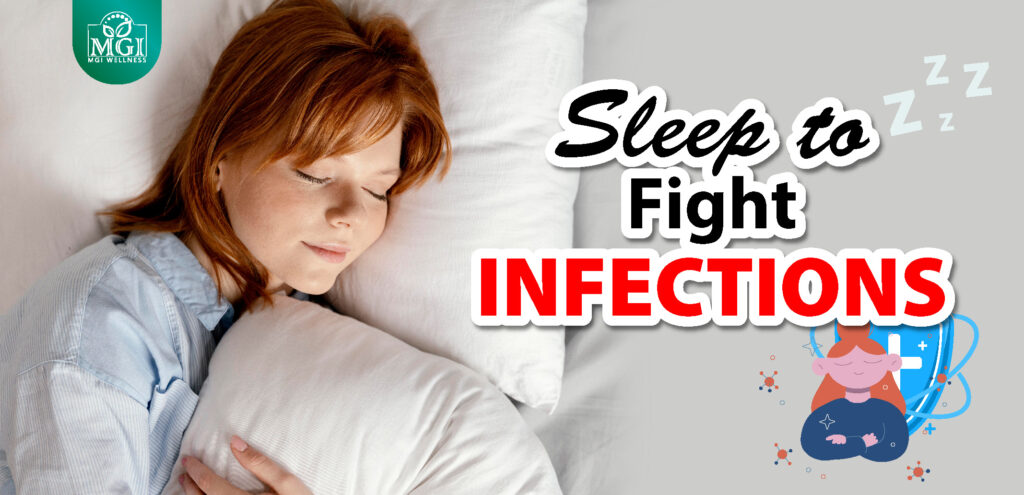Wellness
Sleep to fight infections
Sleep is not just as simple as mankind’s favourite activity; it is an essential part of our live. Importance of sleep to our body is comparable to eating, drinking and breathing to live. Sleep allows our body and mind to recharge, allowing us to wake up the next day feeling refreshed and attentive. Sleep deprivation brings about a variety of health consequences, and research has shown that it might weaken the immune system and increase the risk of infections.
This can be attributed to the lack of cytokines. They are proteins that target infection and inflammation as part of the immune response. Cytokines are physiologically regulated during sleep, which means that sleep deprivation may lead to a deficiency in these crucial proteins. Cytokines also has a unique bidirectional relationship with sleep, in which some cytokines help promote sleep.
Another immune cell influenced by sleep is T cells which is a type of white blood cell. To fight off infection, T cells will first need to stick to them. T cells activates integrins, a sticky type of protein that allows them to attach and kill infected cells. There is research which compares T cells from healthy volunteers who either slept or stayed awake all night and the findings indicate that sleep has potential to improve T cell functioning. Stress hormones may impair T cells’ ability to function properly in those who do not get enough sleep.
Natural killer (NK) cells help to destroy cells that have been infected by pathogens. They do this by secreting compounds that tells the infected cell to shut itself down by a process known as programmed cell death. Restricting sleep to four hours for just one night was found to reduce NK cell activity by an average of 72% compared to levels after a full night’s sleep. NK cells also play an essential role in killing tumour cells. In an 11-year follow-up survey, it has shown that reduced NK cell function is associated with a 1.6 times greater risk of dying from cancer.
Sleep deprivation has been linked to multiple long-term health problems as it brings negative effects to the immune system. In people with healthy sleep, inflammation goes away before waking up. On the other hand, this normally self-regulating system fails in people who lacks of sleep and the inflammation persist which contributes to an increased risk of depression, diabetes, cardiovascular disease and neurodegenerative diseases. Unfortunately, while some people manage to get through the day on limited sleep, studies show that the immune system does not learn how to “get used” to sleep deprivation. Instead, this low-grade inflammation can develop into a chronic condition, compromising long-term health.
The amount of sleep needed changes as we age. The American Academy of Sleep Medicine and the Sleep Research Society recommended the hours of sleep as below:
| Age group | Age | Recommended hours of sleep |
| Infant | 4 – 12 months | 12 – 16 hours (including naps) |
| Toddler | 1 – 2 years | 11 – 14 hours (including naps) |
| Pre-school | 3 – 5 years | 10 – 13 hours (including naps) |
| School age | 6 – 12 years | 9 – 12 hours |
| Teen | 13 – 18 years | 8-10 hours |
| Adult | > 18 years | ≥ 7 hours |


Very interesting information!Perfect just what I was looking for!
Great post. I am facing a couple of these problems.
I’m not sure where you are getting your info, but great topic. I needs to spend a while finding out much more or understanding more. Thanks for fantastic info I used to be in search of this information for my mission.
Very interesting info !Perfect just what I was looking for!
I like the helpful information you provide in your articles. I will bookmark your weblog and check again here regularly. I’m quite sure I will learn a lot of new stuff right here! Good luck for the next!
Thanks, I’ve just been looking for information about this subject for a long time and yours is the best I’ve came upon so far. But, what concerning the conclusion? Are you certain about the source?